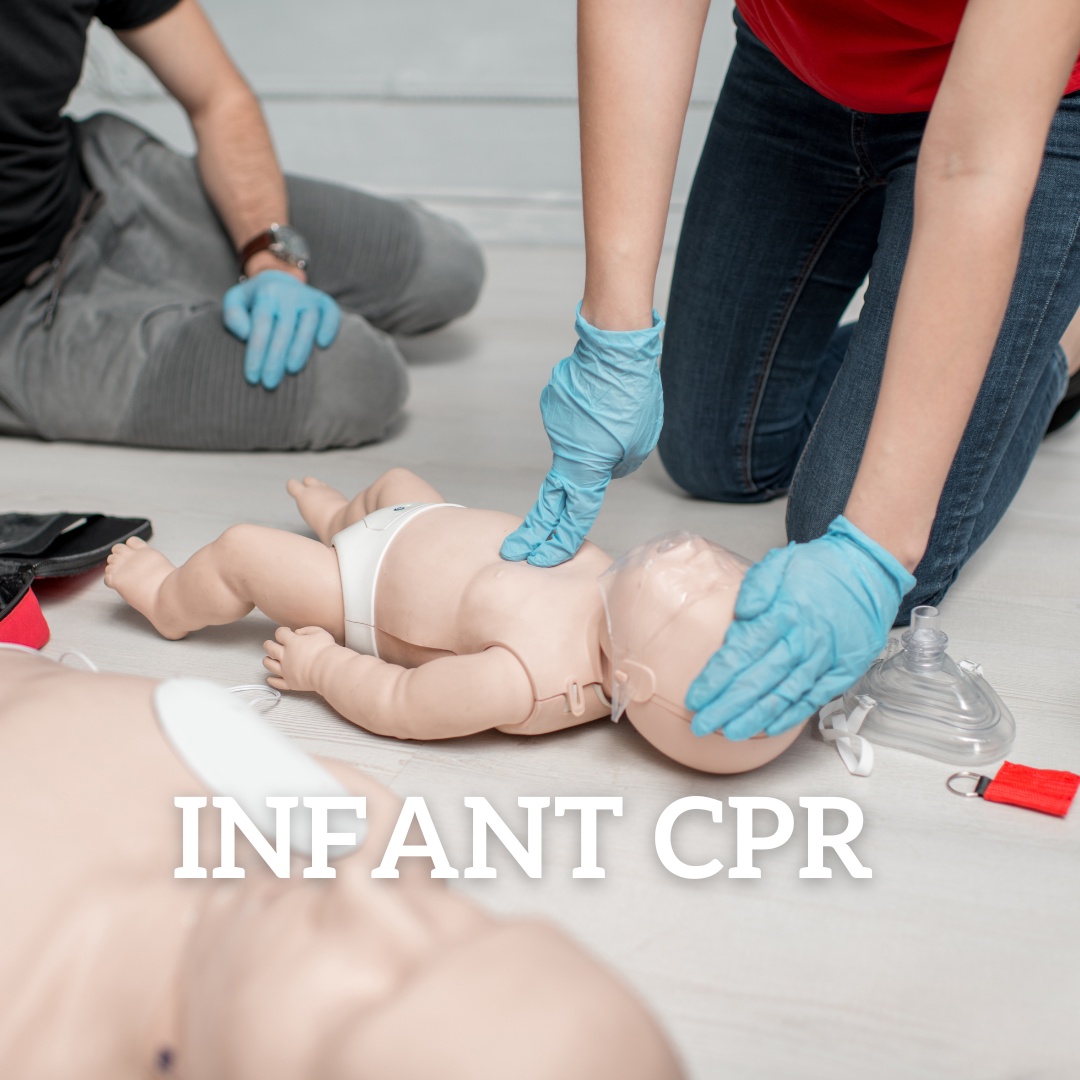
As a parent, keeping your baby safe is your top priority. Knowing infant CPR (Cardiopulmonary Resuscitation) is an essential skill that can save your child's life in an emergency. In this guide, we'll cover the basics of infant CPR and equip you with the knowledge you need to act confidently in critical situations.
Understanding Infant CPR
Infant CPR is a life-saving technique used when a baby's breathing or heartbeat has stopped. It involves a combination of chest compressions and rescue breaths to help restore breathing and circulation. This technique is crucial in situations such as choking, drowning, or sudden cardiac arrest.
Step-by-Step Guide to Infant CPR
- Assess the Situation: Check the baby's responsiveness. If they are unresponsive, gently tap their foot and call their name. If there's no answer, it's time to act on it.
- Call for Help: If you're alone, perform CPR for about 2 minutes before calling emergency services. If someone else is present, ask them to call for help immediately.
- Positioning: Lay the baby on a firm surface, such as the floor or a table. Ensure their head is in a neutral position and their airway is clear.
- Check Breathing: Look, listen, and feel for breathing. Place your ear close to the baby's mouth and nose, and watch for chest movements. If the baby is not breathing normally, begin CPR.
- Chest Compressions: With two fingers, press down on the baby's chest about 1.5 inches deep at a rate of 100-120 compressions per minute. Let the chest to fully start between compressions.
- Rescue Breaths: Cover the baby's mouth and nose with your mouth and give two gentle breaths, watching for the chest to rise with each breath.
- Continue CPR: Perform cycles of 30 chest compressions and 2 rescue breaths until help arrives or the baby starts breathing again.
Additional Tips for Infant CPR
- Take a certified CPR course to gain hands-on practice and confidence.
- Practice on a mannequin regularly to keep your skills sharp.
- Stay calm and focused during emergencies to provide effective care.
Conclusion: Infant CPR is a vital skill that every parent should learn. By understanding the basics of infant CPR and practicing regularly, you can be prepared to respond confidently in critical situations. Remember, quick action can make all the difference in saving your baby's life.
Enrolling in infant CPR classes offers numerous benefits. You'll receive hands-on training from certified instructors, allowing you to practice CPR techniques on lifelike mannequins. These classes also provide valuable knowledge on recognizing emergencies and taking appropriate action. To ensure you're fully prepared, consider enrolling in CPR Classes Near Me Sacramento. With convenient locations and expert instructors, you'll gain the skills and confidence needed to protect your little one in any emergency situation.


No comments yet